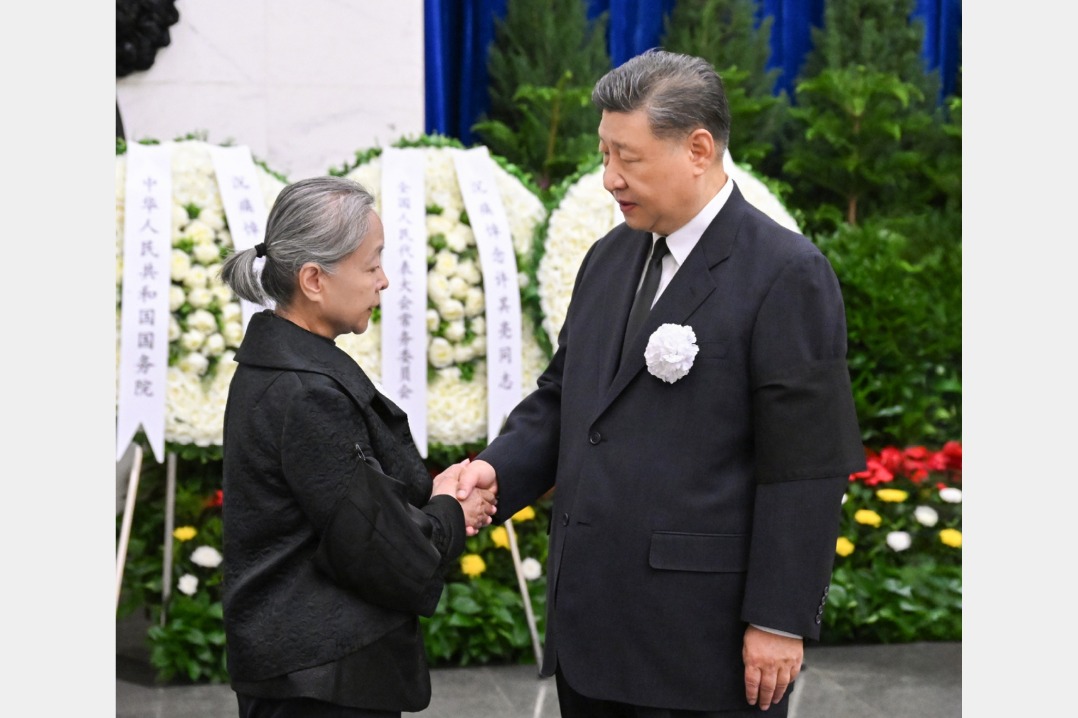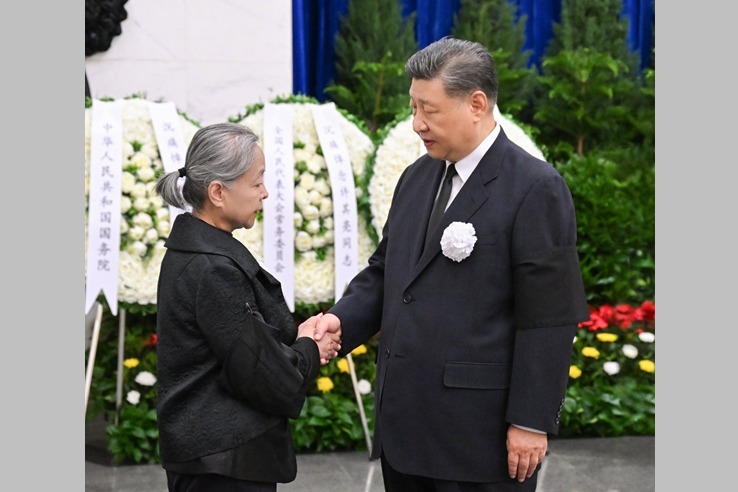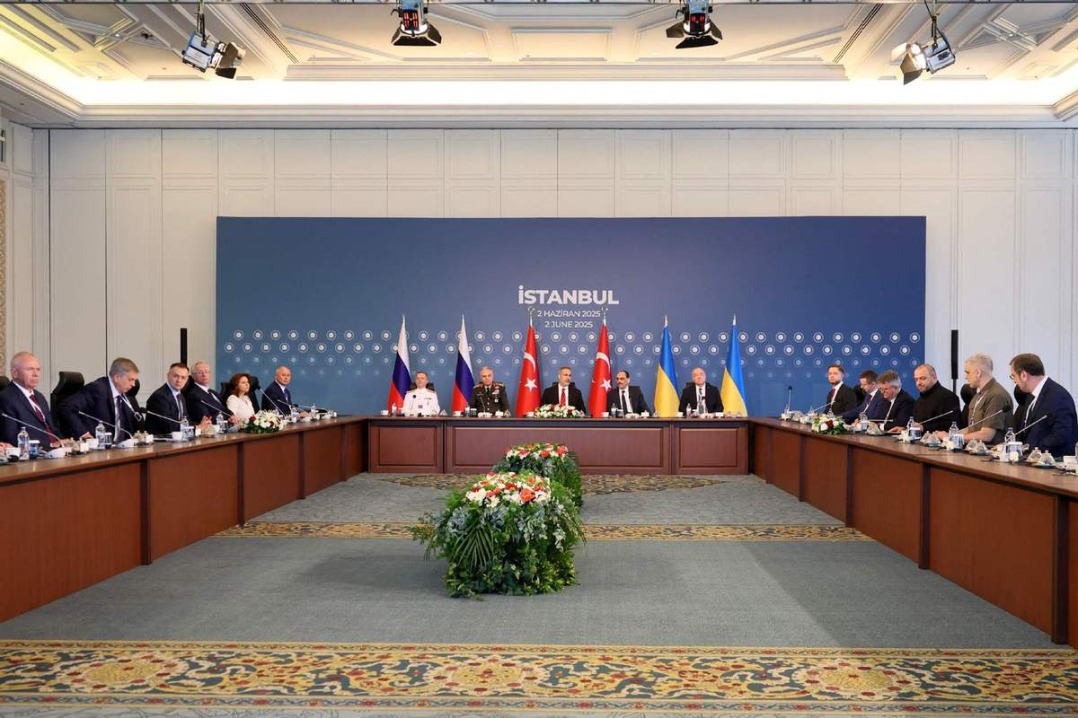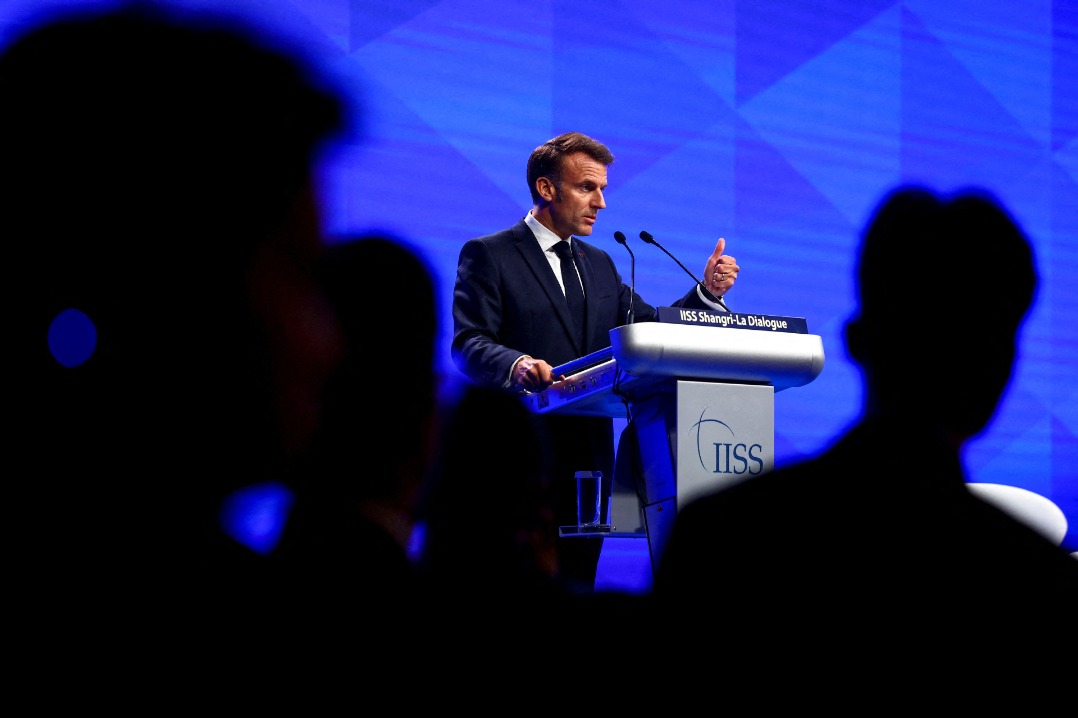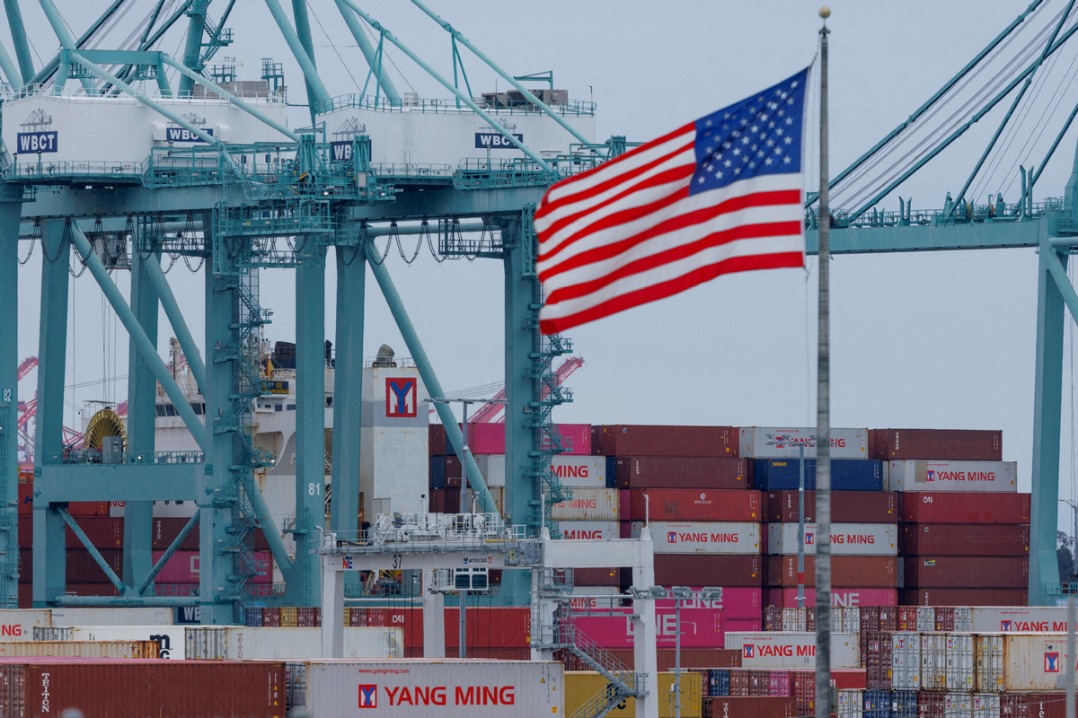Nuanced reality


Engagement and cooperation remain the backbone of EU-China relations and mandate forward-looking action
The relationship between Europe and China currently stands at a critical juncture, defined by both immense potential and complex challenges. The decision taken by the Chinese authorities on April 30 to lift sanctions against members of the European Parliament marked an important step toward restoring political dialogue with the European Union. This move, long awaited since China first expressed interest in resuming communication in September 2024, culminated after a series of multilevel meetings throughout the autumn and early 2025.European Parliament President Roberta Metsola called the EU's relationship with China "complex and multifaceted", emphasizing that "the best way to approach it is through engagement and dialogue".
This political thaw, however, coincides with a deeply fragmented European Parliament following the 2024 elections. The growing diversity of views across the EU's political landscape makes it increasingly difficult for the bloc to shape a cohesive strategy toward China. For European, Chinese and global businesses operating across borders, this fragmentation contributes to regulatory uncertainty and complicates long-term planning.
Despite China's recent diplomatic overtures, including the removal of sanctions, the EU has ruled out reviving the shelved Comprehensive Agreement on Investment. Speaking at a forum in Beijing, EU trade official Marjut Hannonen said there was "absolutely no intention" to resume negotiations, citing persistent concerns around market access barriers and industrial "overcapacity". The EU is instead intensifying efforts to address imbalances in sensitive sectors such as electric vehicles and solar panels, with trade rebalancing taking precedence over investment liberalization.
As chairman of the Belgian-Chinese Chamber of Commerce, I have been privileged to witness the EU-China relationship evolve into one of the world's most consequential economic partnerships. Beneath this impressive outcome lies a more nuanced reality — a relationship that must constantly balance cooperation with competition, openness with strategic autonomy, and global ambitions with regional priorities.
EU perceptions of China remain shaped by a triadic framework, viewing China simultaneously as a partner, competitor and systemic rival. This framework reflects both strategic realism and economic pragmatism. On the one hand, the EU is alarmed by China's growing trade surplus and "state-driven" subsidies, prompting countervailing investigations, particularly into Chinese EVs. On the other, both sides acknowledge that their mutual needs outweigh the logic of exclusion. Since the establishment of diplomatic relations in 1975, engagement and cooperation have remained the backbone of EU policy toward China.
The mutual benefits of this relationship are grounded in decades of economic interdependence, even as geopolitical tensions have risen. In areas such as digital innovation, supply chains and climate policy, competition has intensified. Yet cooperation remains essential. The return to in-person diplomatic exchanges after the COVID-19 pandemic — particularly the 10th China-EU High-Level Economic and Trade Dialogue held in September 2023 — signaled a renewed commitment. That dialogue produced agreements on macroeconomic coordination, industrial cooperation, business environment reforms, World Trade Organization modernization and regulatory collaboration. Notable outcomes included a proposed early-warning system for raw material supply chains and the launch of an export control dialogue mechanism.
Meanwhile, global developments continue to reshape the context in which EU-China relations unfold. The intensifying US-China rivalry now spans not only economic and technological domains, but also security, ideology and international norms. The re-election of Donald Trump as US president has brought significant policy shifts, highlighting the importance of looking beyond short-term cycles and considering the medium- to long-term evolution of transatlantic dynamics.
Frequent high-level diplomatic engagements between China and EU member states have helped dispel misunderstandings, align positions and deepen consensus. These efforts are especially critical as the international order grows more complex and multipolar. In this regard, continued dialogue and people-to-people contacts are indispensable.
Climate change remains a defining challenge — and opportunity — for EU-China cooperation. China's dominance in solar panel manufacturing and the EU's Carbon Border Adjustment Mechanism could serve as catalysts for innovation, and do not need to generate more friction. In the digital realm, reconciling governance frameworks such as China's Personal Information Protection Law and the EU's General Data Protection Regulation is crucial to foster secure cross-border flows.
The 50th anniversary of EU-China diplomatic relations in 2025 provides an opportunity to reflect on past achievements and confront emerging challenges. Trade tensions, supply chain realignments and the lingering effects of the US administration's tariffs — which targeted both Chinese and European exports — continue to ripple through global commerce. Both Beijing and Brussels recognize that unilateralism undermines the rules-based system. They share a vested interest in multilateralism and reforming trade governance rather than dismantling it.
The anniversary should serve not merely as a symbolic occasion, but as a mandate for forward-looking action. The EU and China are not destined to be adversaries; rather, they are indispensable partners in revitalizing the global trade order. Brussels and Beijing could lead by example, showing that principled, rules-based engagement and multilateral cooperation can prevail and result in global improvements.
The coming decade will test the resilience of economic diplomacy. For EU-China relations, the 50th anniversary is not only a celebration — but a good opportunity to redefine cooperation in an era of global uncertainty.
The author is chairman of the Belgian-Chinese Chamber of Commerce and senior partner of Dewit Law Office. The author contributed this article to China Watch, a think tank powered by China Daily.
The views do not necessarily reflect those of China Daily.
Contact the editor at editor@chinawatch.cn.


















